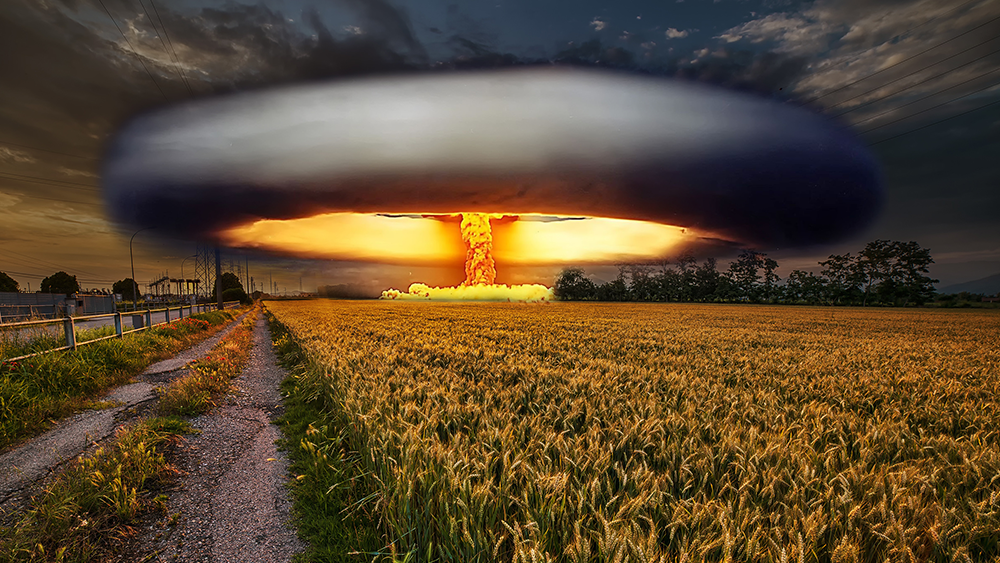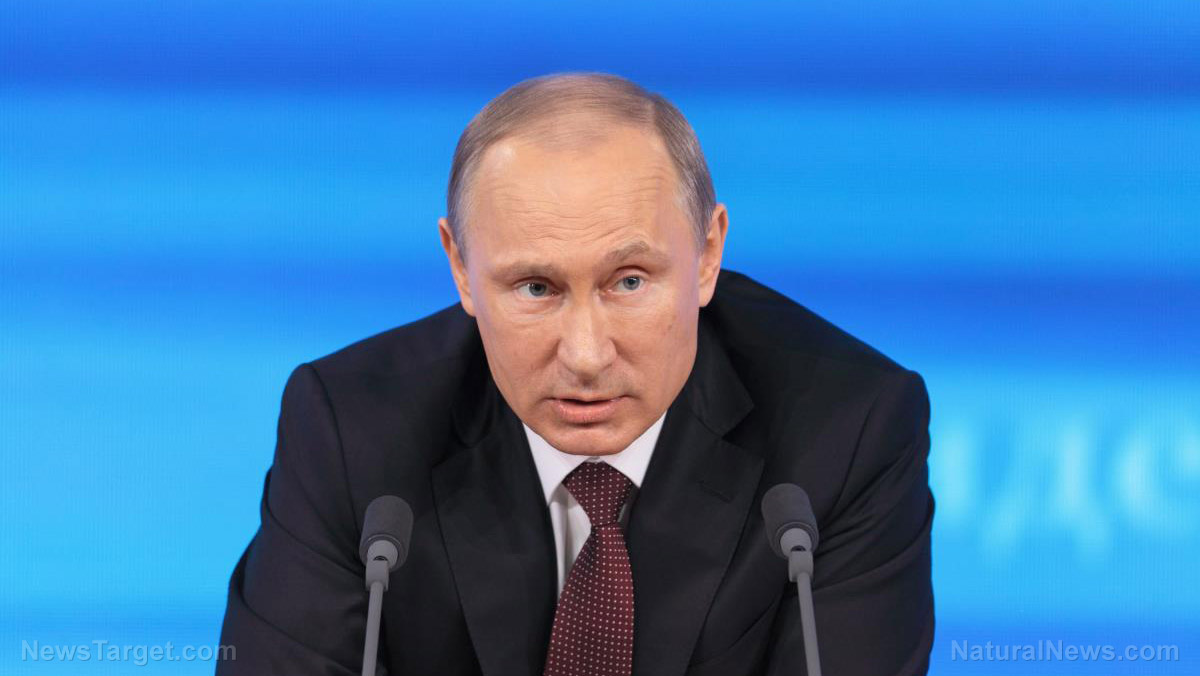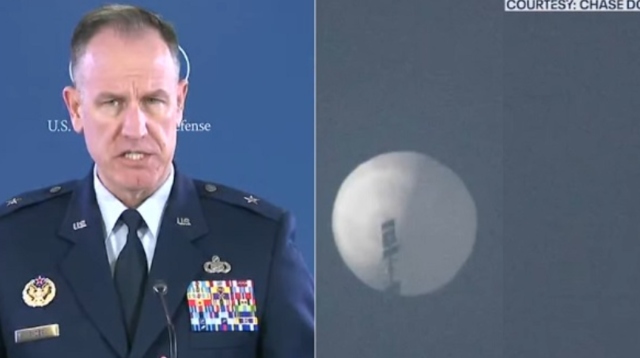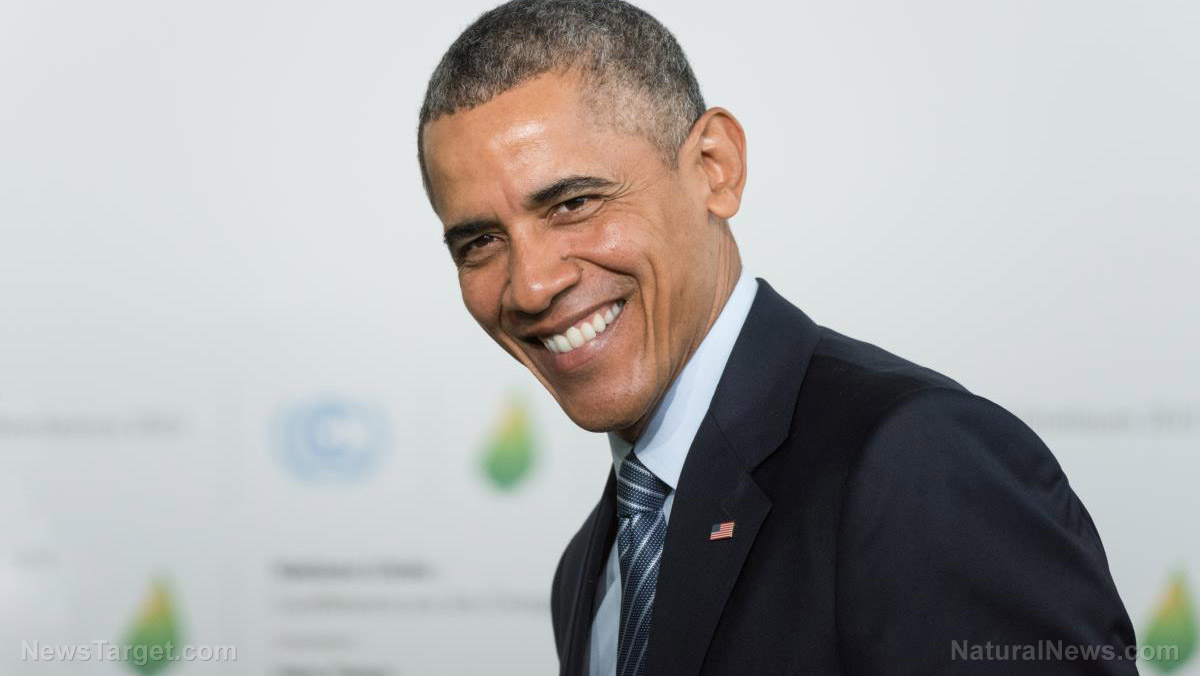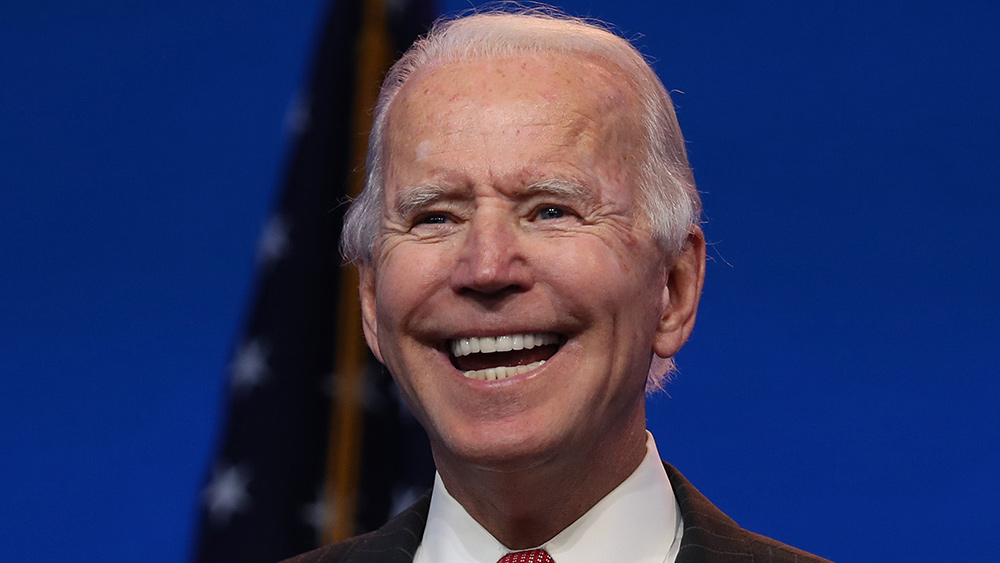Russia to cut oil output by 500,000 barrels per day in response to Western price cap
02/13/2023 / By Arsenio Toledo
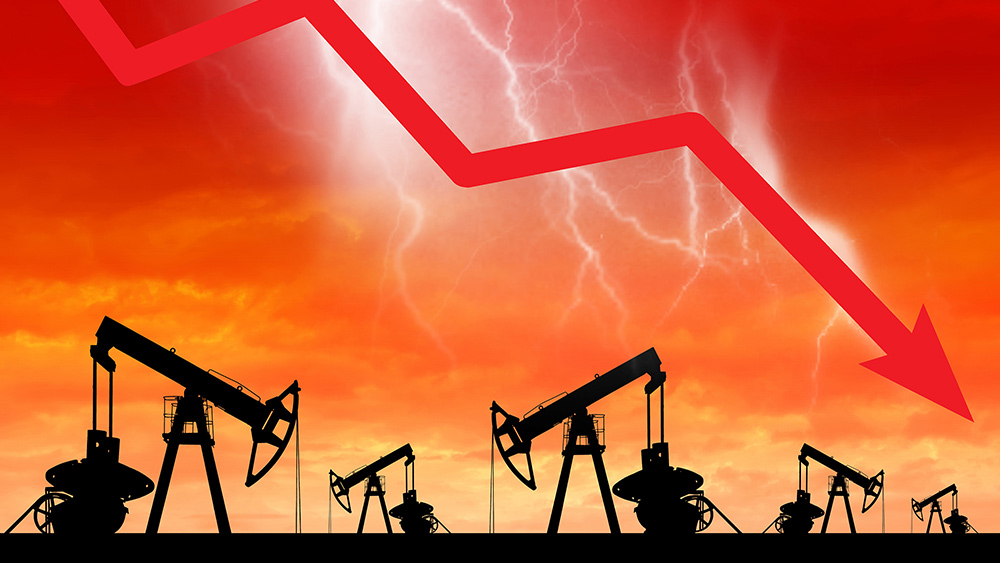
Russia announced on Friday, Feb. 10, that it will cut oil production by 500,000 barrels per day in March in retaliation for a United States- and European Union-led cap on the price of Russian crude oil and other oil products.
“As of today, we are fully selling the entire volume of oil produced. However, as stated earlier, we will not sell oil to those who directly or indirectly adhere to the principles of the ‘price cap,'” said Russian Deputy Prime Minister Alexander Novak in a statement. “In this regard, Russia will voluntarily reduce production by 500,000 barrels per day in March. This will contribute to the restoration of market relations.” (Related: Oil prices to rise above $100 a barrel this year due to lack of investment in energy production capacity.)
Novak added that Russia has already spoken with some members of the Organization of Petroleum Exporting Countries-Plus (OPEC+) regarding its decision to cut output. Several OPEC+ delegates who spoke with Reuters noted that the organization does not plan to act on Russia’s announced oil output cuts.
This decision comes less than two weeks after an OPEC+ panel, in which Russia is a member and endorsed the group’s current output policy, leaving production cuts agreed upon last year in place.
Price cap on Russian oil exports forces Moscow to retaliate
The price cap the Kremlin is reacting to is one that limits the price of a barrel of Russian oil shipped to non-Western countries at $60 per barrel. The goal of this price cap is to keep the oil flowing to the world to prevent price spikes like those seen last year, while limiting Russia’s ability to profit from its oil exports.
The rationale the West has placed on this cap is that Russia would use its financial gains from the oil trade to finance its special military operation against Ukraine.
The price cap was first introduced by the Group of Seven countries – Canada, France, Germany, Italy, Japan, the U.K., the U.S. and the EU – and is enforced by barring Western companies that control shipping and insurance from providing services for Russian oil that is sold above the price cap. The price cap is supported by an EU embargo on most Russian oil products.
Russia claims its decision to cut its oil production is in retaliation for the price cap.
“Russia believes that the ‘price cap’ mechanism in the sale of Russian oil and oil products is an interference in market relations and a continuation of the destructive energy policy of the countries of the collective West,” said Novak.
The last time Russia cut its oil output was in April 2022, when output shrank by nearly nine percent following the introduction of Western sanctions over Ukraine. But since that time, Russia has already set up a vast network of logistics chains for its oil sales, most of which are now going to Asia instead of Europe or America.
Russian oil output last year actually rose by two percent despite the production cut to 10.7 million barrels of oil per day, thanks to a surge in sales to Asia, especially to Turkey, India and China.
Read more stories about the global energy situation at NewEnergyReport.com.
Watch this clip from Fox Business featuring GOP Rep. Byron Donalds discussing why Russia is still making record profits on oil exports despite Western sanctions.
This video is from the News Clips channel on Brighteon.com.
More related stories:
As gas prices rise for 5th straight week, experts warn high prices will persist through summer.
CGEP report shows France guilty of HOARDING Russian LNG in early stages of Russia-Ukraine conflict.
Putin bans export of Russian oil to US and other nations that implemented a price cap.
As Europe freezes due to lack of energy, Russia nears completion of gas mega-pipeline to China.
Sources include:
Submit a correction >>
Tagged Under:
big government, Collapse, energy crisis, energy supply, fuel supply, oil exports, oil production, oil products, oil supply, oil trade, price cap, rationing, Russia, Russia-Ukraine war, sanctions, scarcity, supply chain, Ukraine, World War III
This article may contain statements that reflect the opinion of the author
RECENT NEWS & ARTICLES
COPYRIGHT © 2017 BIG GOVERNMENT NEWS


